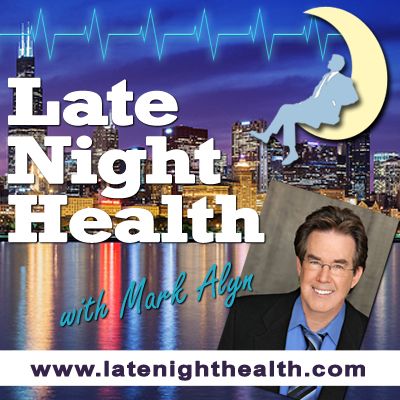Is Your Drinking Water Safe? (Part 2) - Pattie Wood 4/15/16

Jun 6, 2016 ·
5m 49s
Water is essential to life. It transports nutrients to our cells, aids in the digestion process, transports waste out of our bodies, helps maintain a normal temperature, lubricates our joints,...
show more
Water is essential to life. It transports nutrients to our cells, aids in the digestion process, transports waste out of our bodies, helps maintain a normal temperature, lubricates our joints, and quenches our thirst.
Consequently, it is crucial that we are mindful of the purity of this vital resource. There is virtually no place on earth that is invulnerable to water contamination, whether it be from burning fossil fuels, agricultural chemicals, industry, sewage, or non-point source pollution. In many areas of our country, multiple sources of pollution contaminate sole source drinking water supplies, making it necessary for people to filter their water or otherwise seek a pure water supply.
Is bottled water a solution? As the bottled water industry is not well regulated, there is concern that the quality of their water is no better (and perhaps more contaminated due to leaching of chemicals from the plastic bottle) than many municipal water supplies. In addition, the number of individual plastic water bottles being released into the environment is staggering – Americans use 60 million every day! Fewer than 20% of these bottles are recycled (about one in six).
In the U.S., public water supplies are regulated by the Environmental Protection Agency (EPA), which requires daily testing for bacteria and regular testing for other contaminants. The Food and Drug Administration (FDA), which regulates bottled water, only requires weekly testing and does not share its findings with the public.
Water contaminants, including pesticides, radioactive substances, heavy metals, industrial waste, pharmaceuticals and pathogens continue to show up in urban, suburban, and rural water supplies all over the country. People are not educated about how their everyday activities can have a huge impact on water quality.
Patti Wood, Executive Director of the environmental health non-profit organization, Grassroots Environmental Education, and visiting scholar at Adelphi University in New York, joins Mark Alyn to discuss this critical issue.
Learn about some solutions on drinking water, including how to maintain lawns without synthetic chemicals, how to properly dispose of leftover prescription drugs, how to filter your own water at home, and many other water-related tips.
Many scientists have said that wars will be fought over water in the future.
show less
Consequently, it is crucial that we are mindful of the purity of this vital resource. There is virtually no place on earth that is invulnerable to water contamination, whether it be from burning fossil fuels, agricultural chemicals, industry, sewage, or non-point source pollution. In many areas of our country, multiple sources of pollution contaminate sole source drinking water supplies, making it necessary for people to filter their water or otherwise seek a pure water supply.
Is bottled water a solution? As the bottled water industry is not well regulated, there is concern that the quality of their water is no better (and perhaps more contaminated due to leaching of chemicals from the plastic bottle) than many municipal water supplies. In addition, the number of individual plastic water bottles being released into the environment is staggering – Americans use 60 million every day! Fewer than 20% of these bottles are recycled (about one in six).
In the U.S., public water supplies are regulated by the Environmental Protection Agency (EPA), which requires daily testing for bacteria and regular testing for other contaminants. The Food and Drug Administration (FDA), which regulates bottled water, only requires weekly testing and does not share its findings with the public.
Water contaminants, including pesticides, radioactive substances, heavy metals, industrial waste, pharmaceuticals and pathogens continue to show up in urban, suburban, and rural water supplies all over the country. People are not educated about how their everyday activities can have a huge impact on water quality.
Patti Wood, Executive Director of the environmental health non-profit organization, Grassroots Environmental Education, and visiting scholar at Adelphi University in New York, joins Mark Alyn to discuss this critical issue.
Learn about some solutions on drinking water, including how to maintain lawns without synthetic chemicals, how to properly dispose of leftover prescription drugs, how to filter your own water at home, and many other water-related tips.
Many scientists have said that wars will be fought over water in the future.
Information
| Author | Late Night Health |
| Website | - |
| Tags |
Copyright 2024 - Spreaker Inc. an iHeartMedia Company
